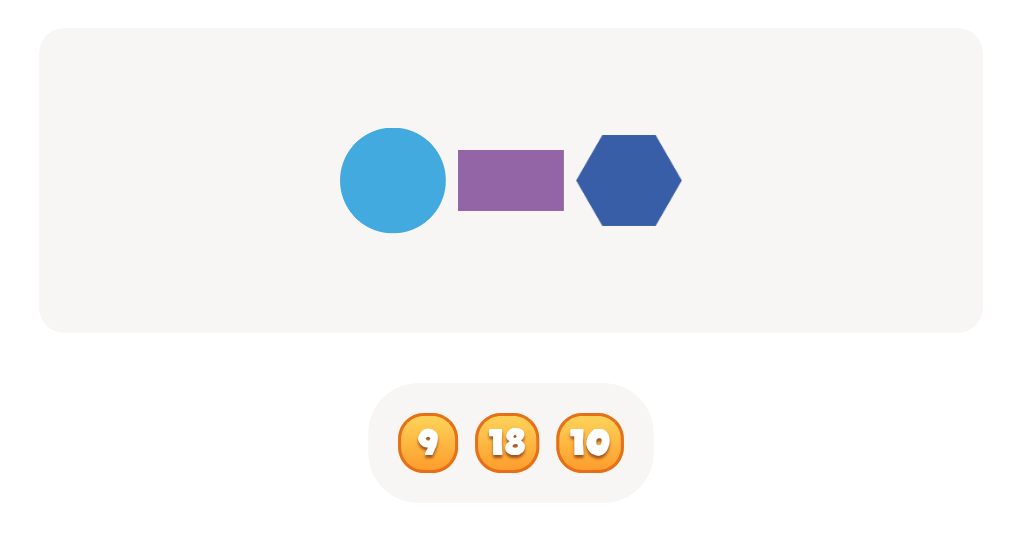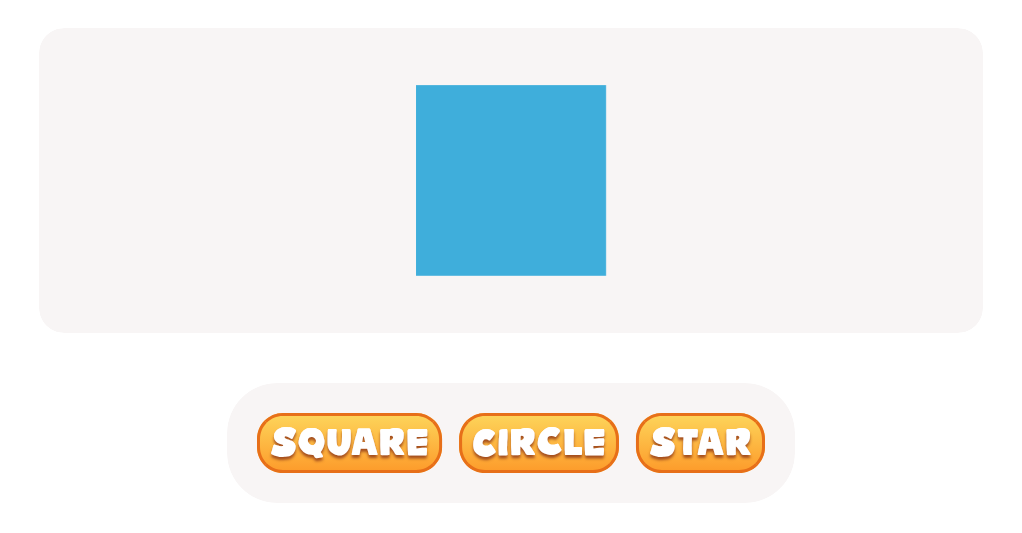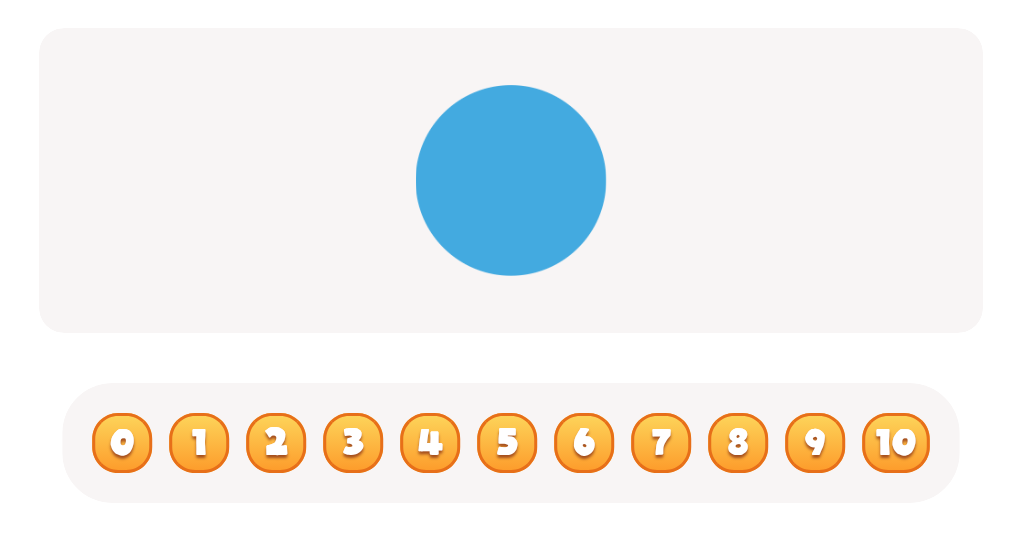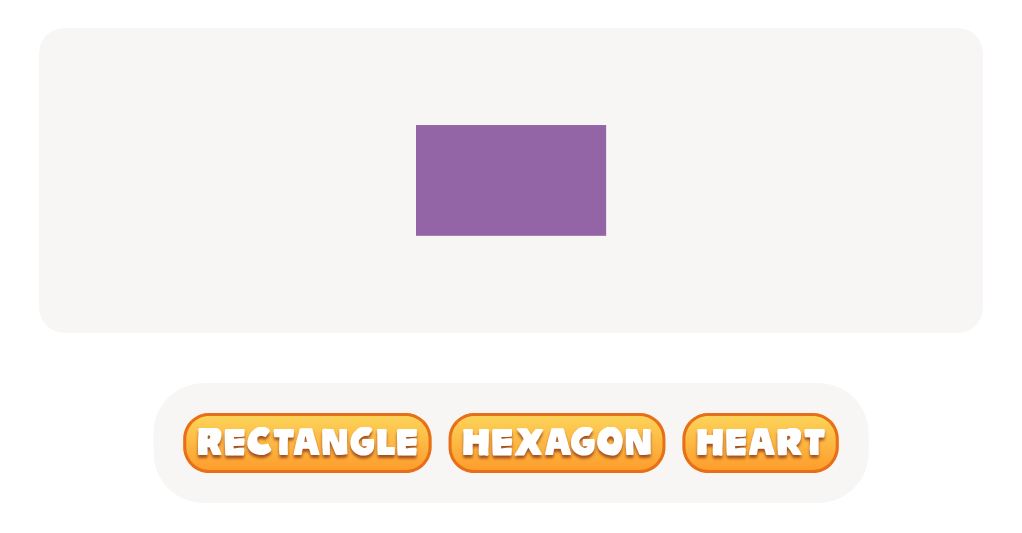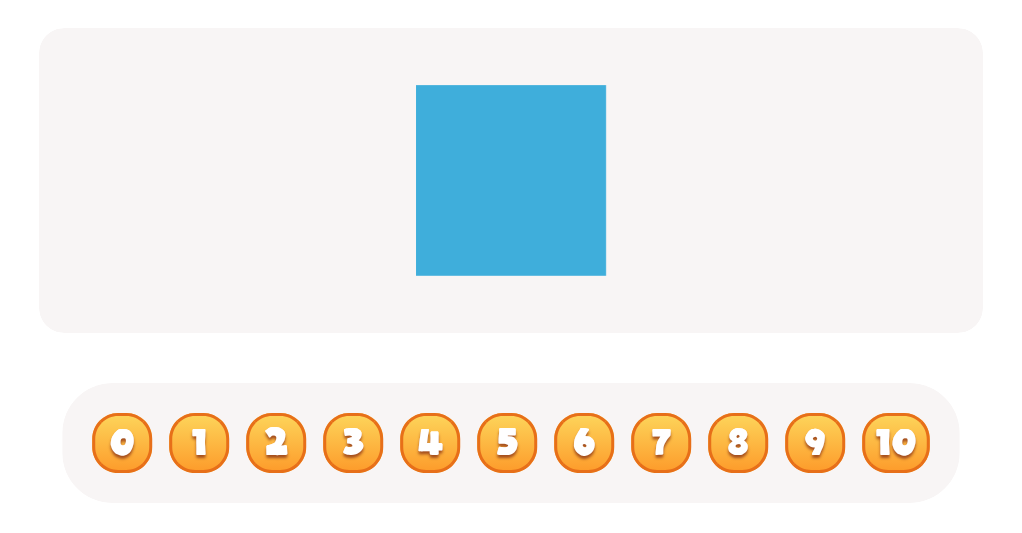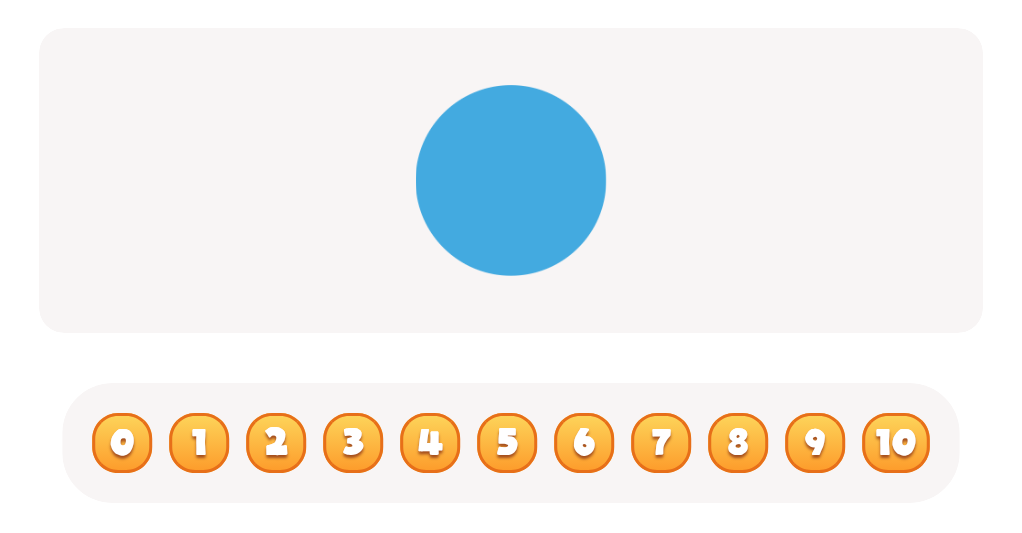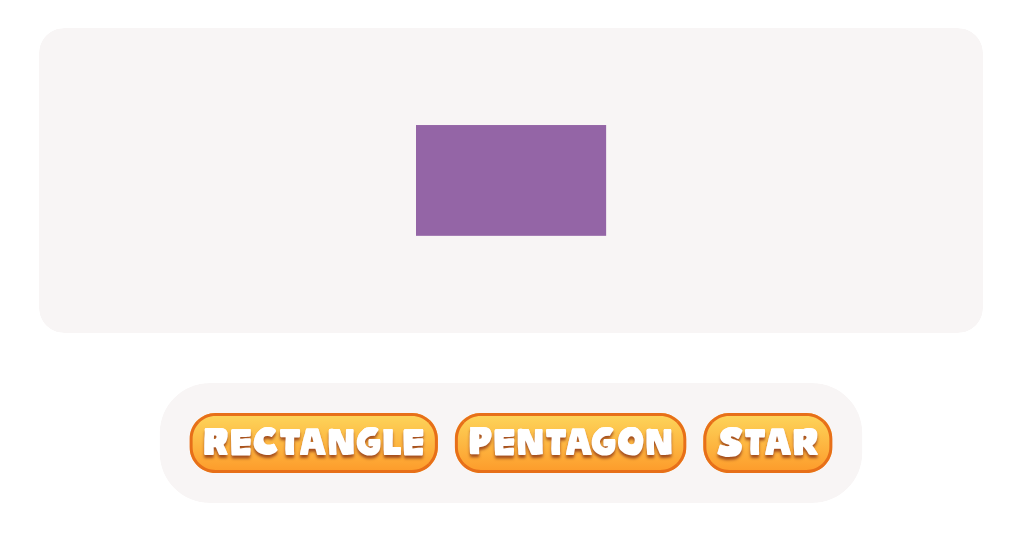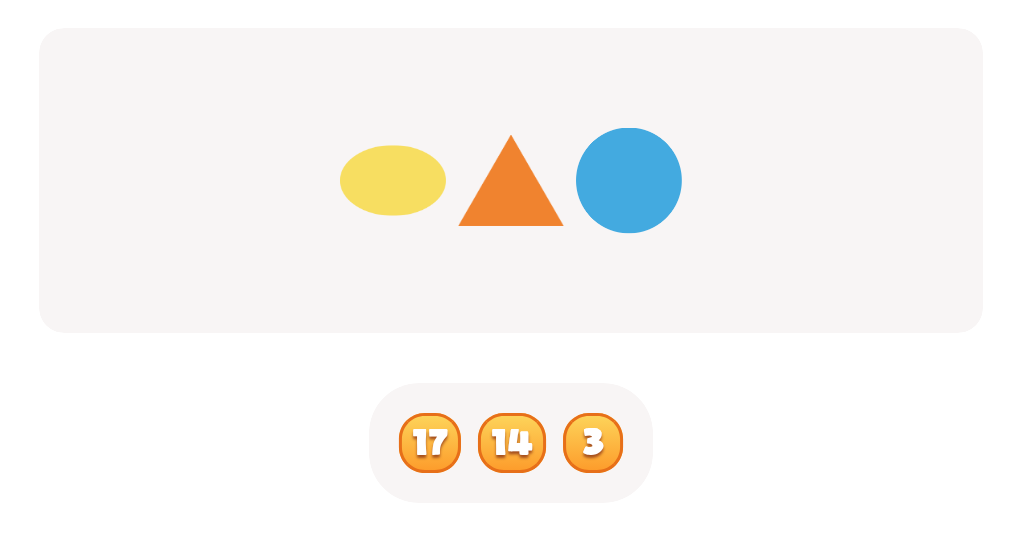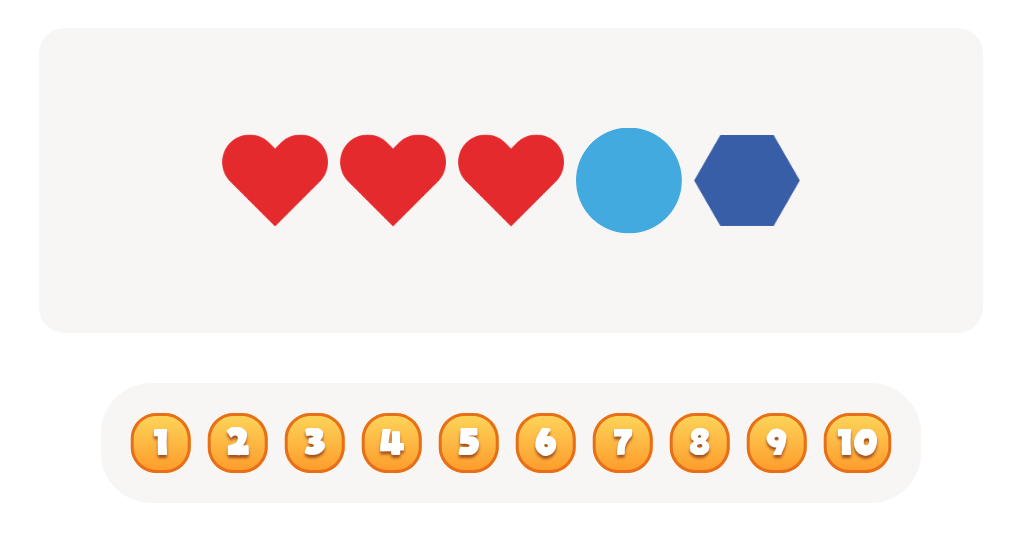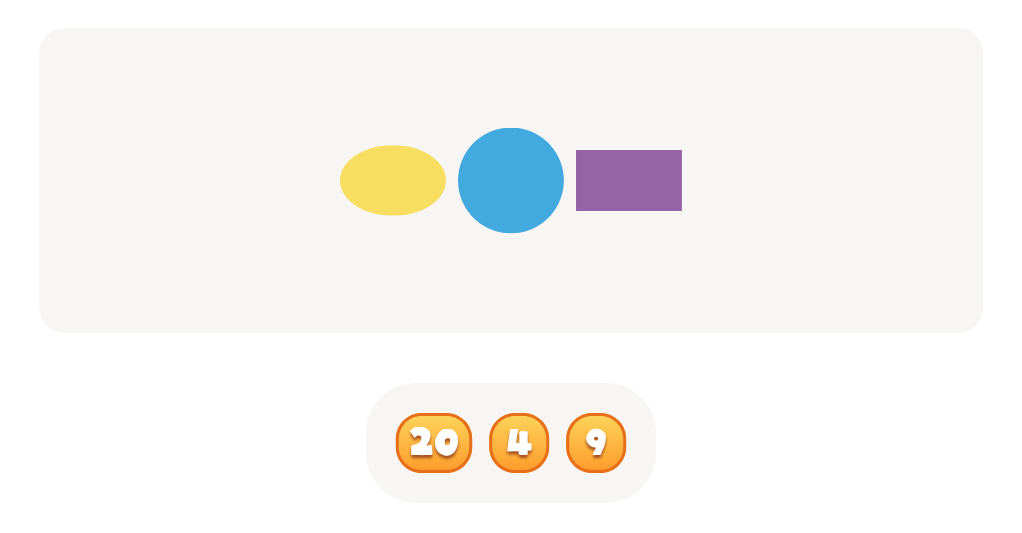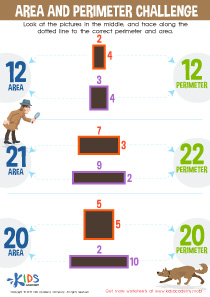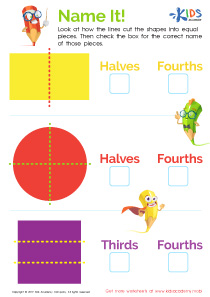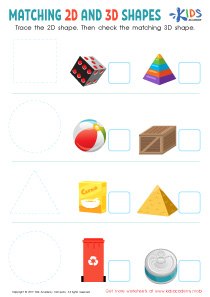Vocabulary enhancement 2D Shapes Worksheets for 8-Year-Olds
3 filtered results
-
From - To
Boost your 8-year-old's vocabulary with our engaging 2D shapes worksheets! Designed to make learning fun and interactive, these worksheets help children explore and understand key terms related to 2D shapes such as squares, circles, triangles, and rectangles. Through a variety of activities, including matching, fill-in-the-blank exercises, and creative drawing tasks, kids can enhance their understanding of shape properties while expanding their language skills. Our carefully crafted materials promote critical thinking and foster a love for learning about geometry. Perfect for at-home or classroom use, these worksheets are a valuable resource for young learners eager to strengthen their vocabulary and math knowledge simultaneously!


Faces of 3D Shapes Worksheet
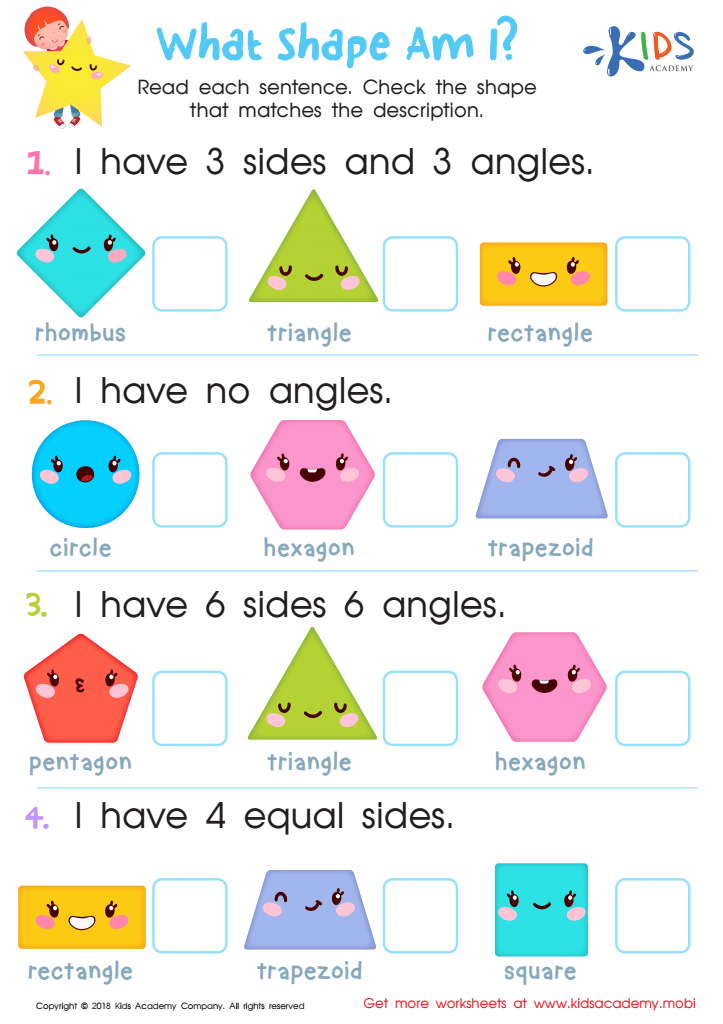

What Shape Am I? Worksheet
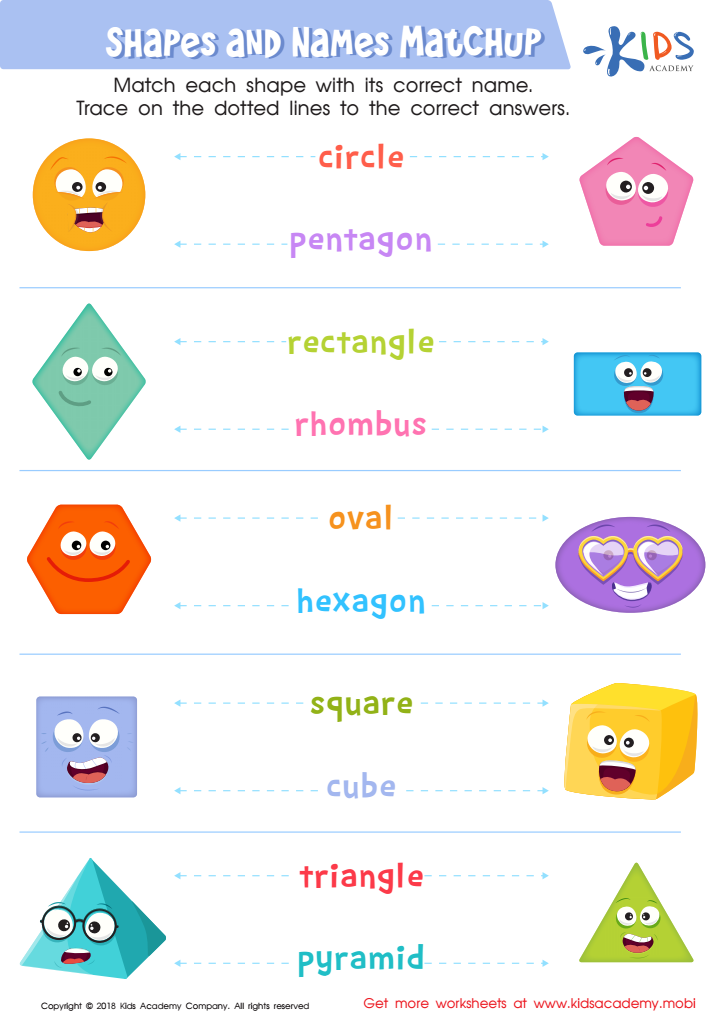

Shapes and Names Matchup Worksheet
Vocabulary enhancement related to 2D shapes is crucial for 8-year-olds as it lays the foundation for geometric understanding and cognitive development. At this age, children are naturally curious and eager to explore the world around them. By expanding their vocabulary around 2D shapes—like circles, triangles, squares, and their properties—parents and teachers can enrich a child's mathematical language, allowing for better communication and comprehension of mathematical concepts.
Understanding shapes is not just about memorizing names; it helps children recognize patterns, develop spatial awareness, and improve problem-solving skills. These skills are essential for various disciplines, including science, technology, engineering, and math (STEM), areas that are increasingly important in today's world.
Furthermore, incorporating shape vocabulary into everyday conversations fosters critical thinking and encourages exploration. It boosts confidence as children articulate their thoughts and ideas, paving the way for enriched discussions and cooperative learning experiences. When parents and teachers focus on vocabulary enhancement around 2D shapes, they actively engage children in meaningful conversations, guiding them towards mastery of foundational concepts that will serve them throughout their academic journey and daily life. Ultimately, a robust vocabulary boosts cognitive skills and ignites a lifelong love for learning.
 Assign to My Students
Assign to My Students
